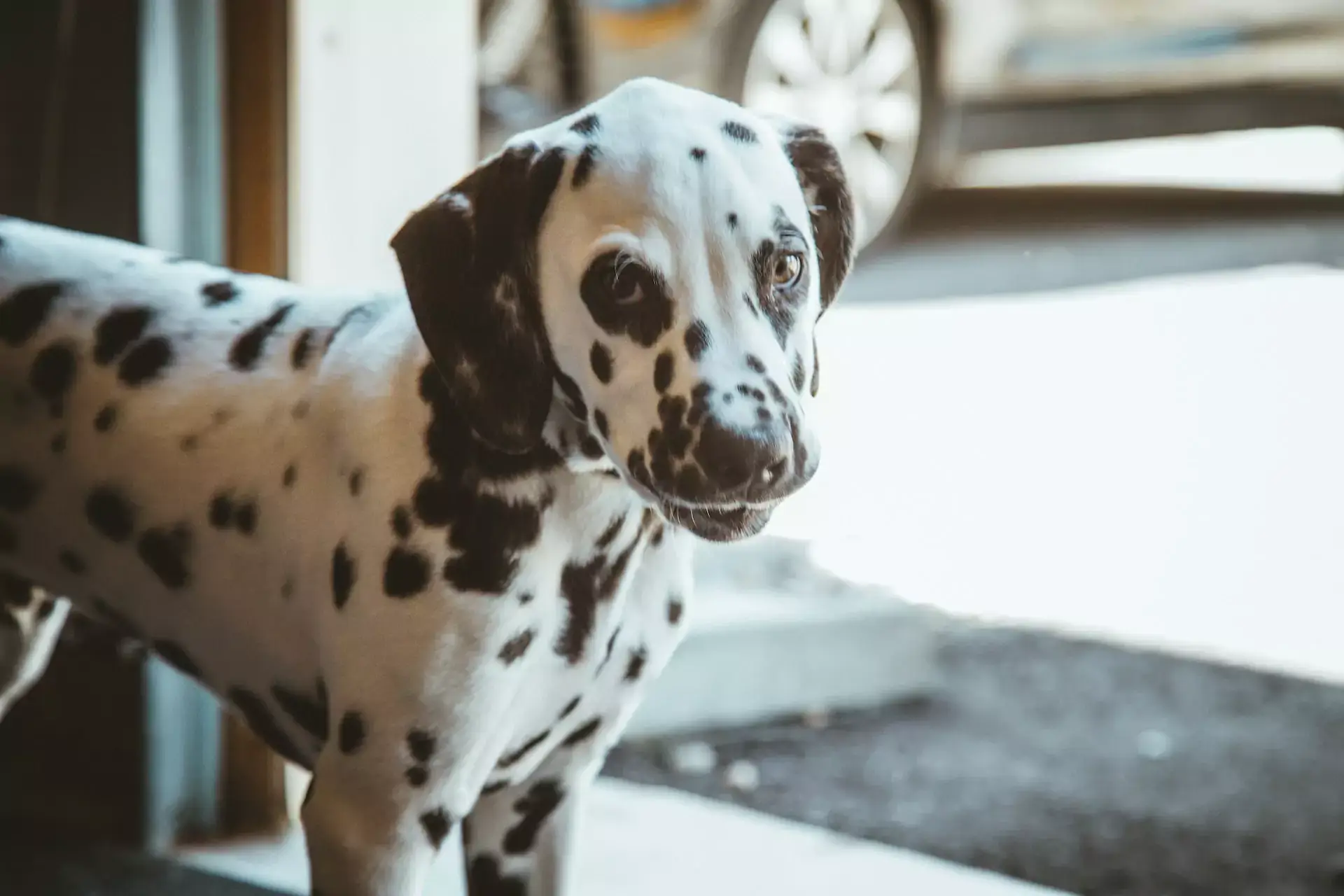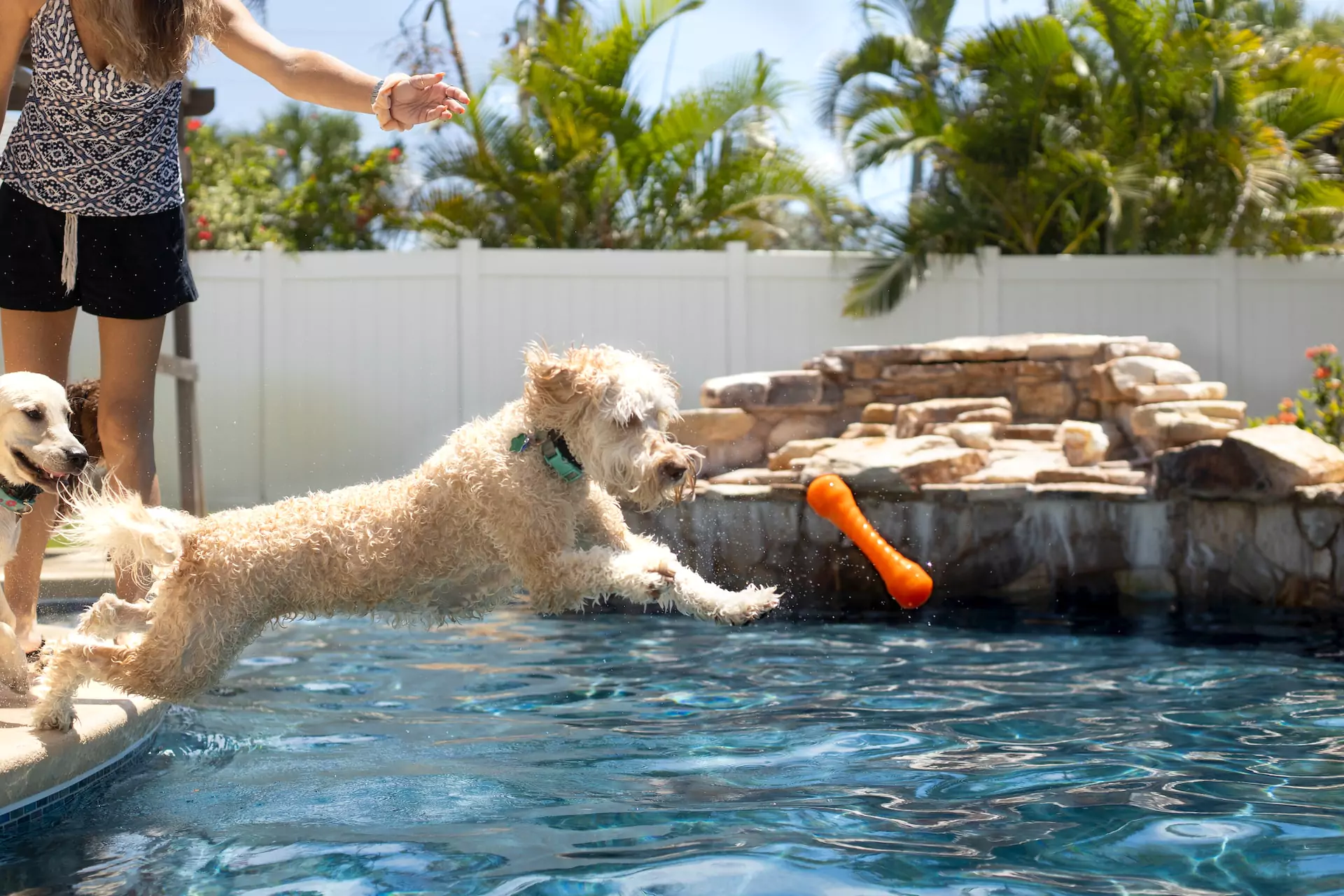Are you considering adopting a new pet soon? Welcoming a new furry friend into your home is always a fun and exciting experience! However, it is crucial to understand that big changes can be extremely stressful for our animal companions. It’s critical to take steps to help your new friend settle into their new surroundings. Read on for suggestions from a local veterinarian on how to welcome your new animal buddy.
What is the 3/3/3 Guideline For Helping New Pets Settle?
This is a useful rule of thumb to remember. It is most commonly used to describe dogs, but it also applies to other animals. It will take your new buddy at least three days to adjust to his new surroundings, three weeks to settle in, and three months to truly feel at home.
What Do I Need To Get Before I Bring My New Pet Home?
A visit to the pet store is undoubtedly on the agenda. If possible, go before you bring your pet home.
Here are some of the items you’ll need to pick up.
- Toys
- Bedding Crate/Carrier Dishes
- Grooming Supplies
- First Aid Kit
- Paw Care (Dogs
- Litterbox and litter (for cats)
- Treats
- Food
Some of these items should be chosen keeping your pet’s age and size in mind. A treat made for a Pomeranian will not be large enough for a Great Dane!
This also holds true for cat litter boxes and litter. You should never use clay or clumping litter with kittens. Baby cats are clumsy and occasionally consume litter. These products can create intestinal obstructions, which are extremely serious and can even be life-threatening.
In terms of food, if you know what your new friend has been eating, start with that brand. It’s usually better to make adjustments gradually. Otherwise, your pet may develop an upset stomach.
In many circumstances, you’ll want to keep these items in a quiet location, such as a spare room. This will provide a spot for your pet to relax, decompress, and adjust to their new surroundings. That separation is especially necessary if you have additional pets. Contact your veterinarian for further information.
How Do I Introduce My Pets?
If you have cats, you should do this gradually, over a few days. Allow the kittens to become accustomed to one other’s scents, and then meet when they appear to have accepted each other’s presence.
Ideally, you should introduce dogs before bringing them home. Otherwise, allow them to meet for a walk on neutral ground. Pay close attention to both pups’ body language!
Be sure to ask your Orlando, FL vet for tips on introducing new pets.
What Should I Do When My New Pet Gets Home?
This will vary based on the type of animal you get. If you’re adopting a dog, take him on a walk around the block. This is useful for several reasons. It will also allow him to take a break and analyze what is going on. He’ll also be able to release any nervous energy he has. Fido will also appreciate being able to get the lay of the land and have an idea of his surroundings.
This, of course, would not apply to a cat! If you’re acquiring a kitty, transport Fluffy to her allocated area in her carrier. Do not pull her out; instead, open the door and allow her to explore when she is ready.
How Do I Get My Place Ready For A New Pet?
Petproofing is key here. Many ordinary household objects are harmful to our four-legged friends. You should remove or secure anything that is unsafe.
Here are a few issues to address:
- Small/sharp objects, such as earbuds, beads, buttons, coins, craft kit components, jewelry, safety pins, and paper clips.
- Toxic plants. Lilies are at the top of the list for cats, while Sago palms are among the most deadly to dogs. Visit the ASPCA website here for additional information.
- Plastic bags / ties
- Ropes and Cords: This includes drape cords, wires, thread, and yarn.
- Medicine: Both prescription and over-the-counter medications are harmful.
- Chemicals: Any form of chemical, whether a cleaning agent, an automobile product, or something else, is hazardous.
- Lawn/Garden Products: These include fertilizer, fungicides, and herbicides. Pesticides are also quite harmful. Slug bait, for example, is a frequent source of poisoning in dogs.
Don’t forget about the outdoors! If you’re acquiring a pup, inspect your fencing and yard as well. Ask your Orlando, FL veterinarian for advice on this.
How Do I Bond With My New Pet?
Do not expect this to happen right away. To be fair, some pets will immediately believe that their new human is the greatest thing ever. Fluffy may immediately curl up on your lap, and Fido may not take long to bring you a toy or begin wagging his tail when you approach the treat jar. However, some pets will need some time to get to know you and feel at ease.
This goes double for rescue pets. Even if they are heading to a better area than they were before, it is still a significant adjustment, and they will need to appraise their new circumstances.
The most important thing to remember? Do not force it. Love cannot exist without trust, and trust must be earned.
That all said, we do have some pointers.
Small Comforts: Making your home pleasant and hospitable for Fluffy and Fido requires little effort. Little pleasures such as comfortable beds are essential. Cats will like scratching posts, boxes, window seats, and, of course, cat towers. (Tip: If you’re on a tight budget, consider upcycling a stepladder or storage cabinet.)
Conversation: Talking to your pet in a soft, friendly tone will help them adjust to you. It doesn’t matter what you say; it’s the tone of your voice.
Snacks: While we typically advise against indulging your pet, you can indulge your furry friend in the first few days. Just stick to safe selections and don’t get too crazy.
Toys: Fun toys not only assist pets relieve stress and anxiety, but they also help them develop a positive relationship with their new home. Playtime is also beneficial, though you shouldn’t force it. Offer a variety and see what your pet prefers.
Stability: Pets feel safer when they are kept on a consistent schedule. Get your four-legged pal started on their new regimen straight away. Consistency is also vital in terms of house rules. If you don’t want Fido on the couch, don’t let him ‘get away’ with it the first night; he’ll only become confused later.
Schedule An Appointment At Your Orlando, FL Animal Hospital
Of course, one of the first things you’ll want to do is call your veterinarian and schedule an appointment. Your new animal buddy will require a comprehensive examination. Fido and Fluffy may also require parasite management, immunizations, microchipping, or spay/neuter surgery. Remember to bring any records you already have.
This is also an excellent opportunity for you to get some specific advice on your pet’s nutrition and care requirements!
Have you got any questions about your pet’s new health or care? Contact your Orlando, FL pet clinic today!






!Social Media Icons